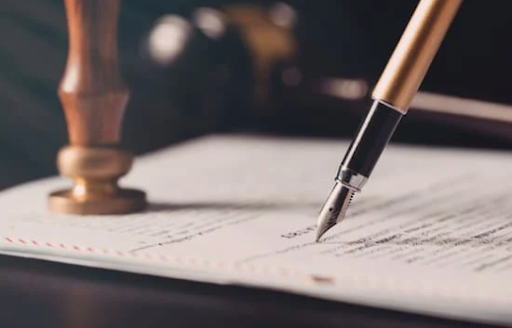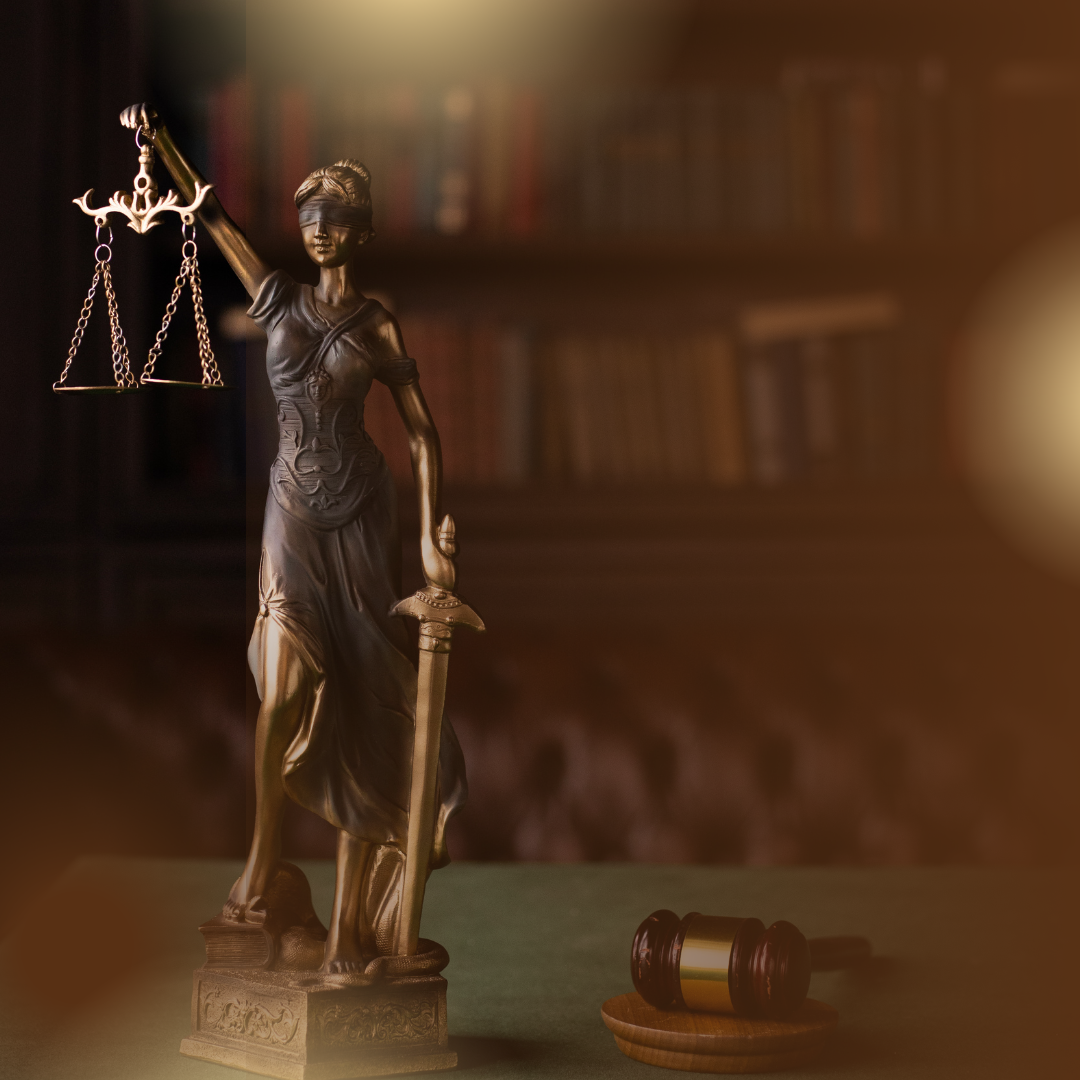In the realm of Islamic inheritance, a Wasiat, often known as a Muslim will, plays a crucial role. It’s more than just a legal document; it’s a means to ensure that your wishes are honored in a manner that aligns with your faith. But what exactly is a Wasiat, and why is it so important? Let’s delve into these questions and provide some clarity on this significant aspect of Islamic estate planning.
What is a Wasiat?
A Wasiat is essentially a will that allows Muslims to outline how they wish their assets to be distributed after their death. Unlike a typical will, a Wasiat is governed by Islamic law, ensuring that the distribution of assets reflects the teachings of Islam. One of the most important features of a Wasiat is that it permits the allocation of up to one-third of the testator’s assets to non-heirs—such as friends, adopted children, or charitable organizations. The remaining two-thirds, however, are distributed according to the principles of Faraid, which are the compulsory shares assigned to specific relatives under Islamic law.
Why is Creating a Wasiat Important?
The importance of creating a Wasiat cannot be overstated. It not only ensures that your assets are distributed according to your wishes but also fulfills a religious obligation. In Islam, providing for your loved ones and ensuring that your wealth is used in a way that aligns with Islamic values is a significant responsibility. Without a Wasiat, your assets will be distributed strictly according to Faraid, which might not account for your personal intentions, especially if you wish to leave something to non-heirs or specific charitable causes.
Moreover, a Wasiat allows you to make specific bequests that might not be covered under Faraid. For instance, you may want to leave a portion of your estate to support an Islamic charity or to provide for a friend who isn’t a direct heir. This flexibility is one of the key reasons why a Wasiat is so valuable.
Legal Considerations in Singapore
In Singapore, the Administration of Muslim Law Act (AMLA) governs the creation and execution of Wasiats. This act ensures that Wasiats are legally recognized, provided they adhere to the requirements of Islamic law. According to AMLA, a Muslim can allocate up to one-third of their estate through a Wasiat, with the remaining two-thirds distributed according to Faraid.
However, it’s important to ensure that your Wasiat is legally sound. This includes having it witnessed by at least two adult male Muslims, and ensuring that the document is clear and unambiguous. By doing so, you can prevent any potential disputes and ensure that your wishes are carried out as intended.
How to Get Started with Your Wasiat
Creating a Wasiat might seem like a complex task, but it doesn’t have to be. The first step is to clearly define your wishes. Who do you want to include in your Wasiat? What charitable causes are important to you? Once you have a clear idea, it’s advisable to consult with a legal professional who specializes in Islamic estate planning. This ensures that your Wasiat is not only in line with your personal wishes but also compliant with both Islamic law and the legal framework in Singapore.
Conclusion
A Wasiat is an essential tool for Muslims who want to ensure that their assets are distributed in a manner that aligns with their faith and personal wishes. By taking the time to create a well-thought-out Wasiat, you can provide for your loved ones, support the causes you care about, and fulfill your religious obligations. If you’re ready to start the process, seeking professional guidance can make all the difference.




